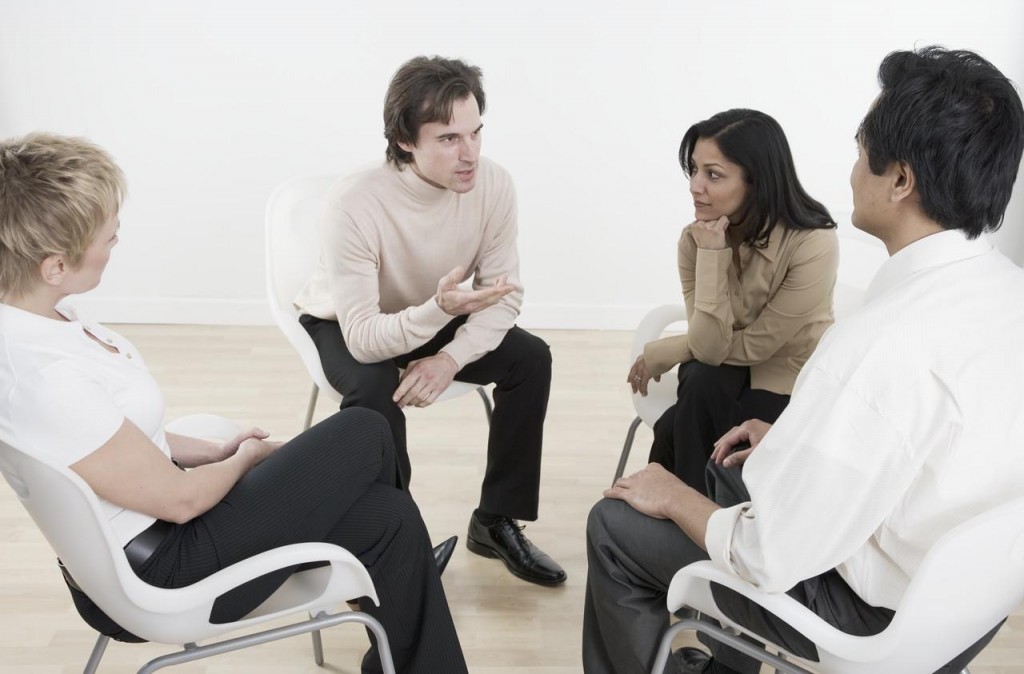You have probably been told at some point in your life to ‘Stop crossing your legs’. Almost everyone crosses their legs, sometimes consciously sometimes unconsciously. People cross their legs for different reasons too; for comfort, to stop legs splaying, for effect, to reduce pressure off one leg or even to keep warm. But is it really as bad for your health as we have been told? 
You may have been told crossing your legs may increase your blood pressure, cause varicose veins, lead to bad posture or even raise the temperature of the groin in men having implications for fertility.
The news is that at this time many of these messages have not been proven. There is no evidence that leg crossing contributes to high blood pressure (although prolonged sitting might!). Varicose veins are caused by damage to the small valves that keep the blood moving in one direction back towards the heart. This causes the blood vessels to swell and may be more noticeable when sitting with your legs crossed but is not the cause. Varicose veins are more common in women and especially those who have had children and are advancing in age.
Sitting with your legs crossed has commonly been believed to lead to poor posture and result in back pain, hip pain or pelvic pain. Those with back pain may experience back and hip pain when crossing their legs but it also likely to be the sitting itself or the ‘bad’ chairs that we are sitting in. Leg crossing may be a way of coping with the poor chair or fatigue from prolonged sitting. As osteopaths, we still recommend avoiding sitting cross-legged to prevent imbalances in the pelvis and to prevent muscle fatigue. It is most important to ensure an ergonomic work or study environment with a supportive chair that enables you to sit with flat feet, knees and hips close to ninety degrees and with good low back support.
As for the men. You would have to sit for hours with your legs crossed to have an affect on your sperm count. Most men sit with their hip rotated out when crossing their leg and so is unlikely to be a cause of infertility.
Leg crossing may impact on a nerve that runs on the outer part of the knee (peroneal nerve) and hours of sitting in this position may cause your foot to ‘fall asleep’. This is usually only temporary and the feeling most likely returns with reduced pressure on this site or with movement.
So is crossing your legs bad for your health? Well maybe not as bad as we first thought. Sitting for long extended periods is more likely the culprit when it comes to poor health. It’s time to stand up and get moving!
Article written by Dr Melanie Woollam (Osteopath)
References:
The Conversation. Mondays’ Medical Myth: Crossing your legs is bad for your health

